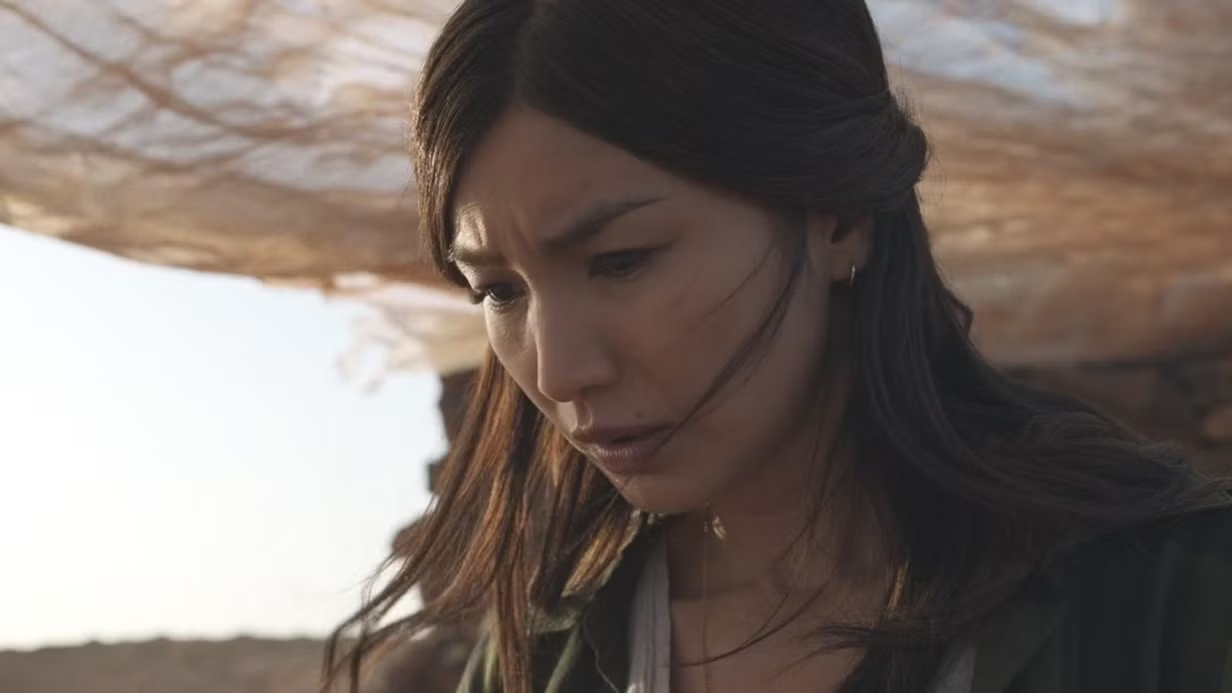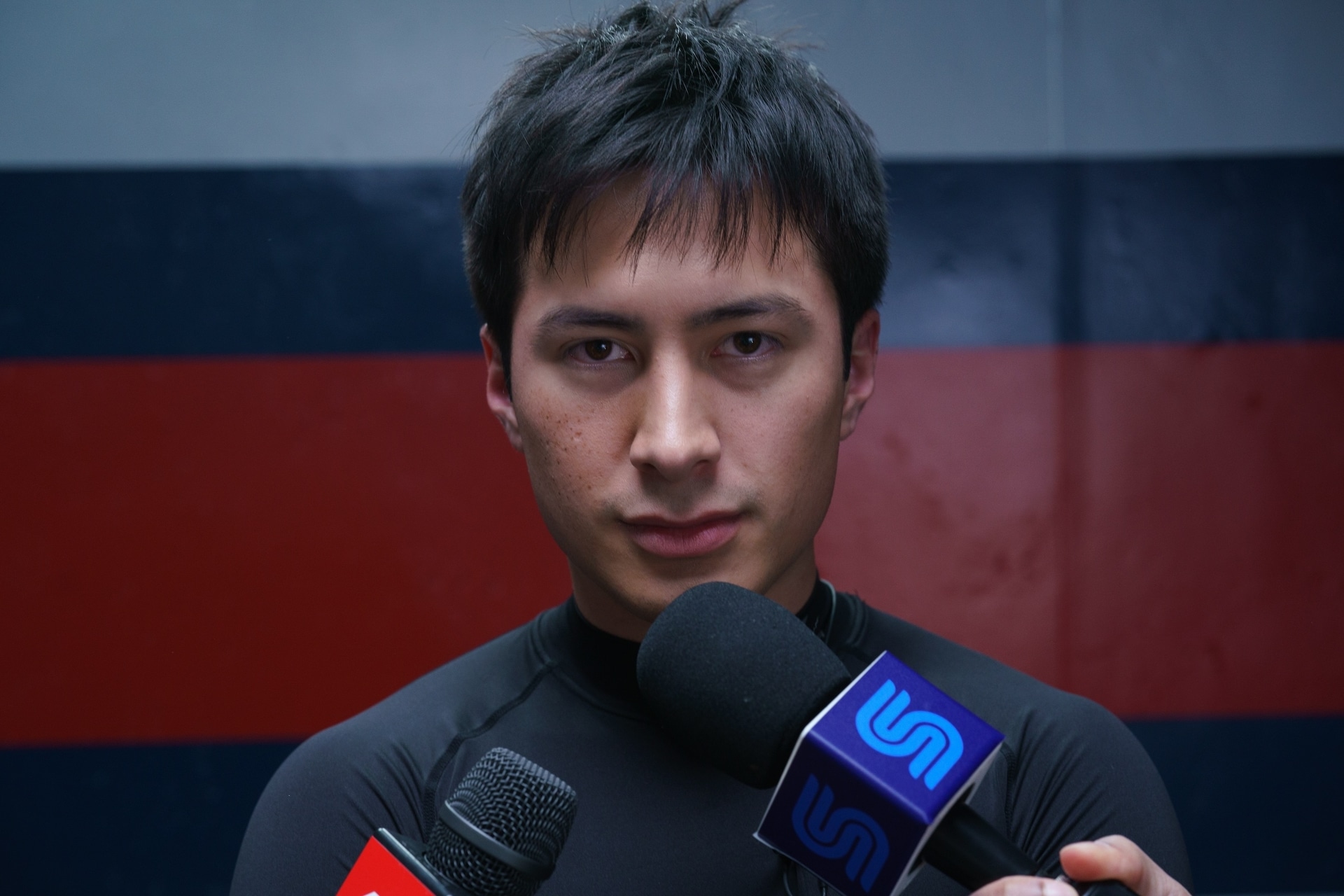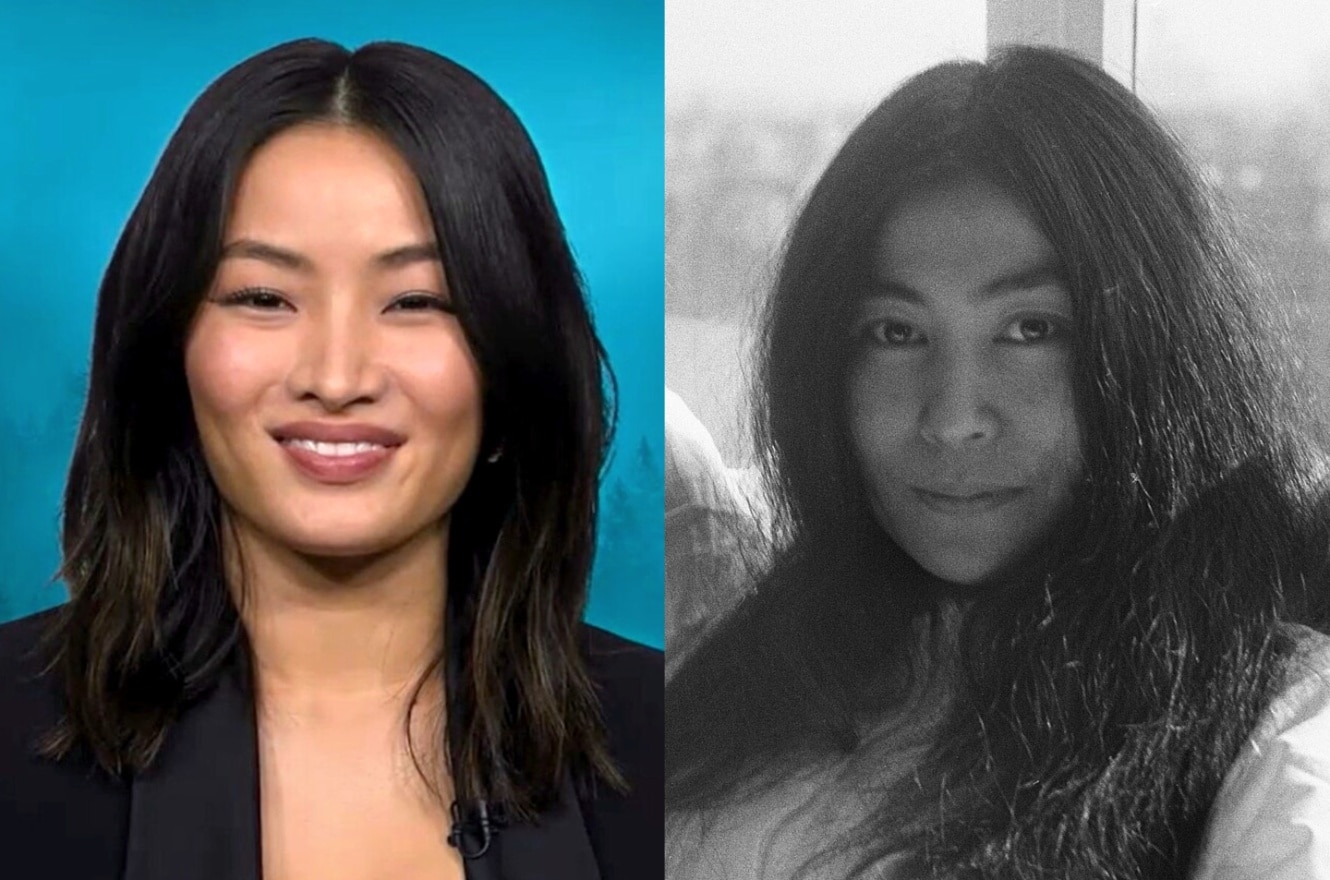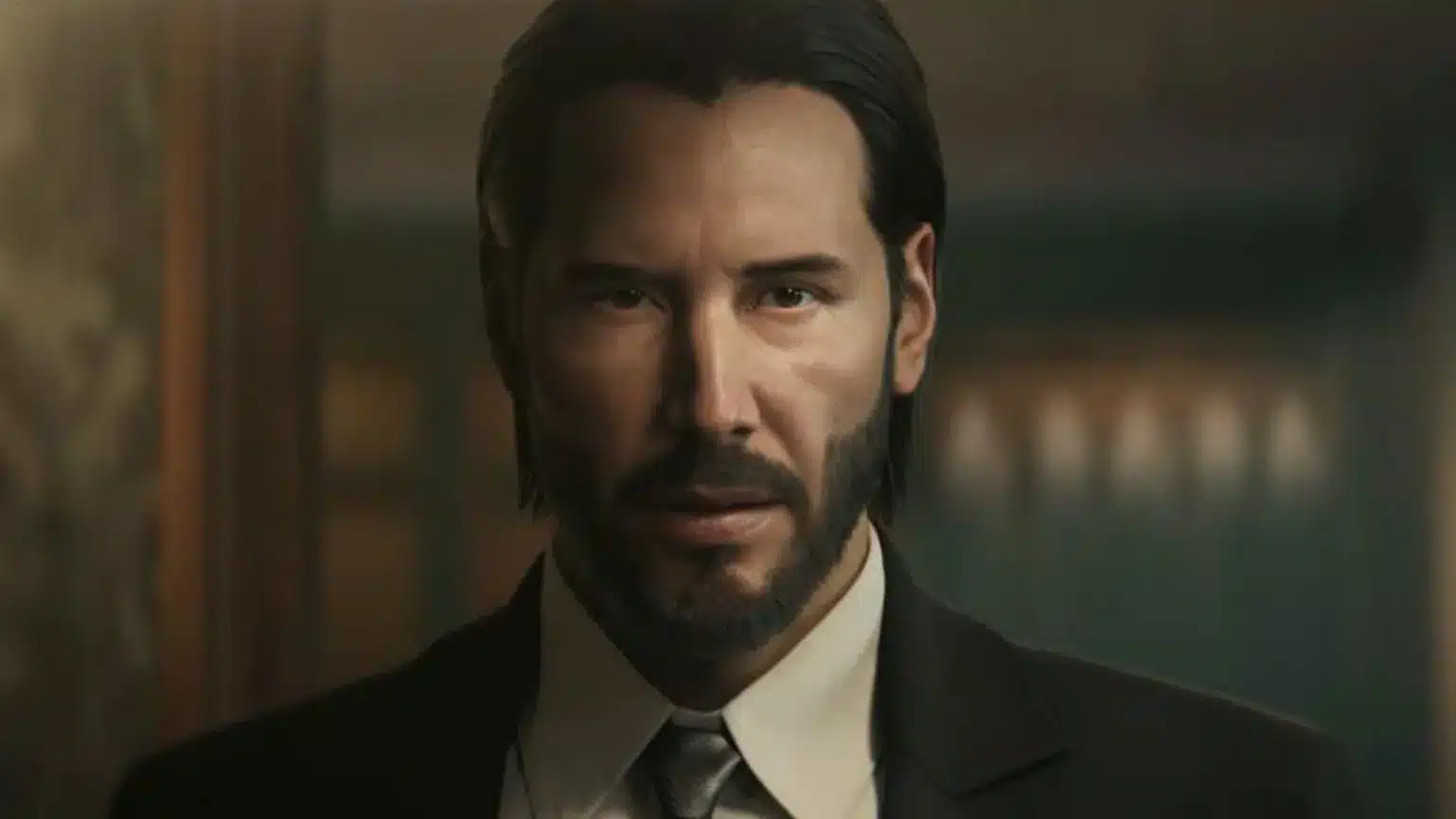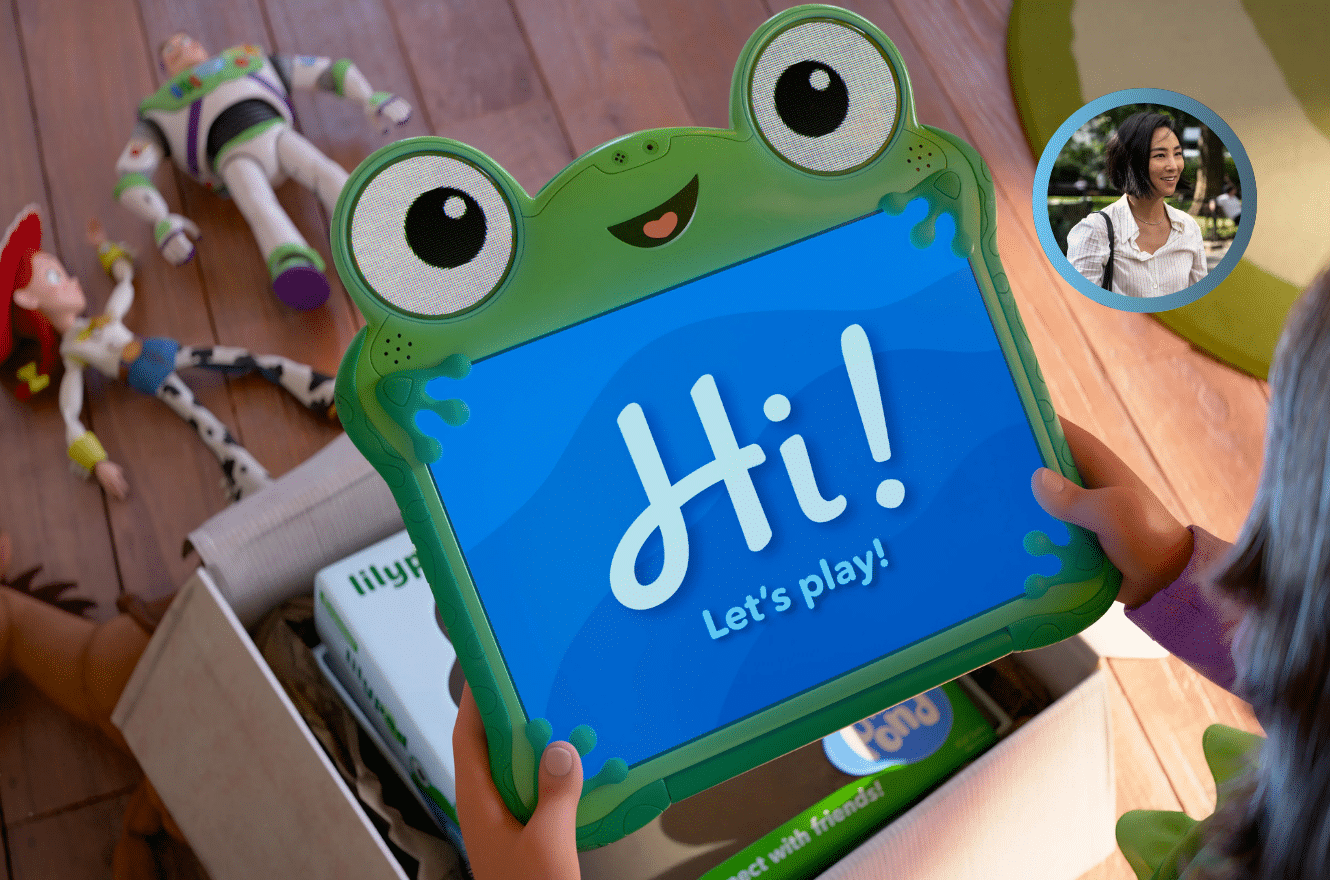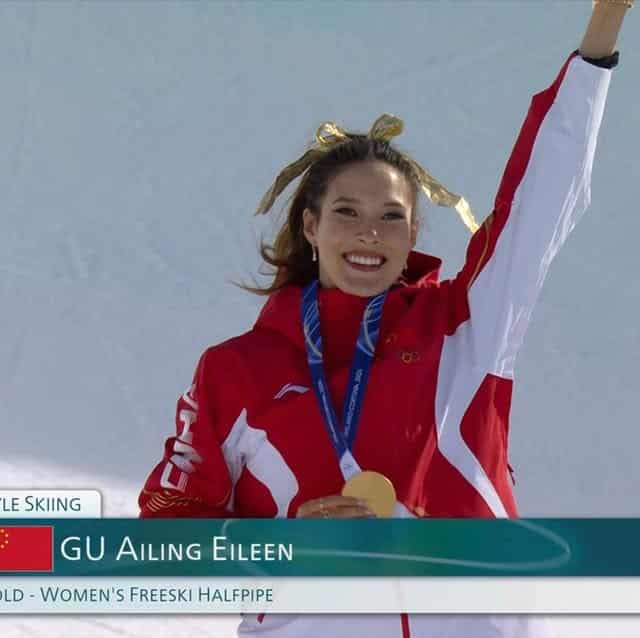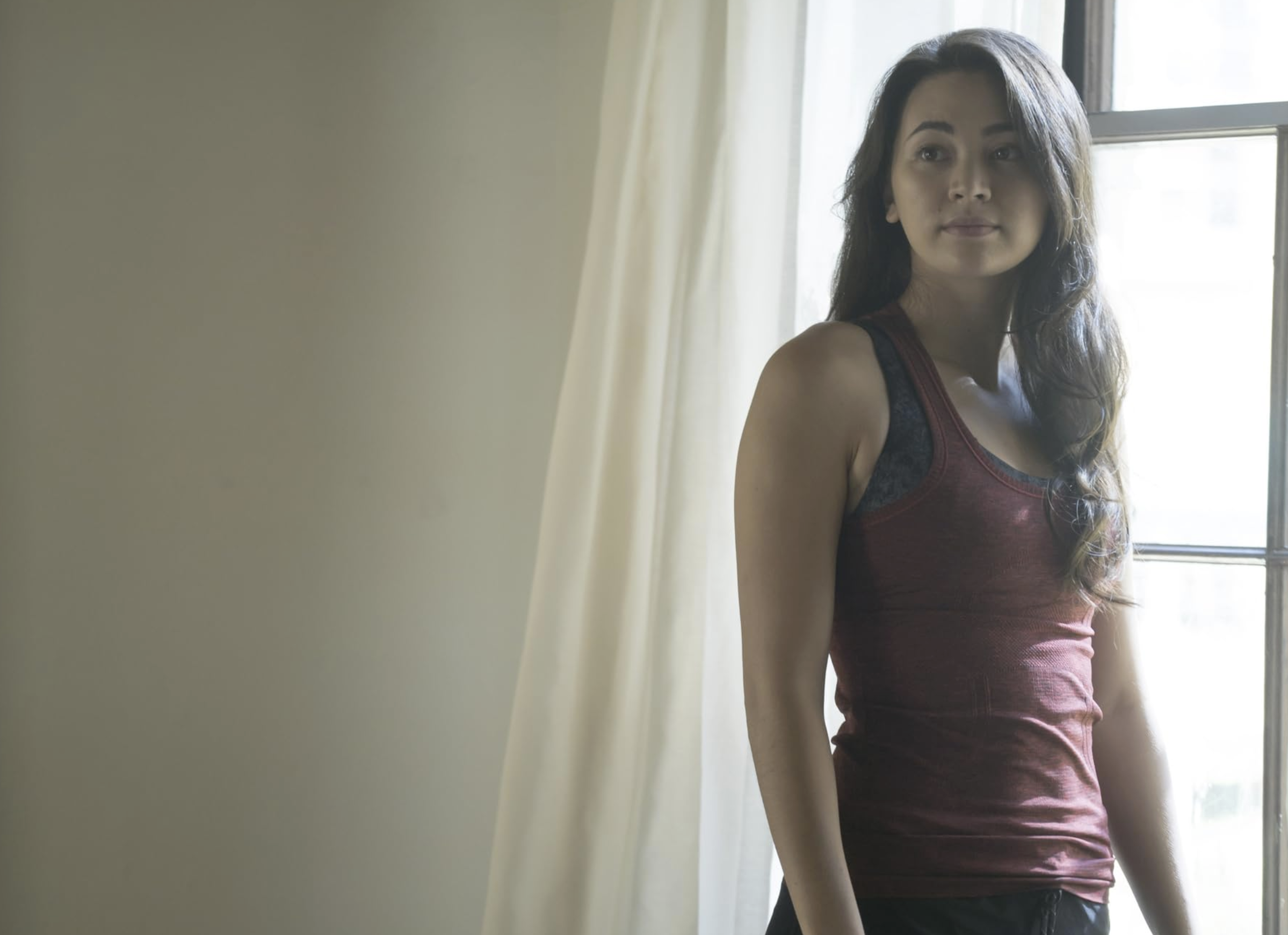Born in Sydney to Japanese parents, Shioli Kutsuna relocated to Japan at 14 after entering a talent contest that unexpectedly launched her acting career. That leap not only reshaped her identity—navigating life between two cultures—but also set the stage for a career that now spans both Japanese and Western entertainment.
After a decade of domestic projects in Japan, Kutsuna broke into Hollywood with roles in The Outsider and Deadpool 2, and more recently on Apple TV’s Invasion. Joining the cast of Hideo Kojima’s Death Stranding 2, Kutsuna explores what it means to bridge cultures on screen, as well as bridging the “Chiral Network.”
Speaking to Resonate, Kutsuna reflects on the contrasts between East and West, and how balancing both industries has become her defining strength.
View this post on Instagram
Aussie Born, Japan Bound
CC: Thanks so much for joining us today.
SK: Of course—happy to be here.
CC: So, where are you from, and how did acting begin for you?
SK: I was born in Sydney to Japanese parents, and lived there until I was 14. I always wanted to experience life in Japan, but it felt far away. Then I entered a talent contest run by a Japanese agency—mainly as an excuse to visit. I had no idea it would change my life, but a month later I was on a plane to Tokyo. That was the start of my career.
CC: So you moved at 14 to pursue acting?
SK: Yes. At first it felt like an experiment, but I ended up working in Japanese film and TV for about 10 years. Toward the end, I started wanting to collaborate internationally. My first step was with Wayne Wang, who made Smoke. He encouraged me to try Hollywood, since it was rare for Japanese actors to also speak English. That’s what set me on this path.
Between the Cultures
CC: Growing up in Sydney, did you see much Asian representation on screen?
SK: Not really. I mostly watched Japanese films and dramas, because when you grow up abroad you long for your culture. At Saturday Japanese school, my friends and I would talk about them constantly. On Australian TV, though, I barely saw any Asian faces—it just wasn’t common then.
Hollywood With Ryan Reynolds and Jerod Leto
CC: Your first big Western role was Deadpool 2. What was that experience like?
SK: It was intense—five or six rounds of auditions, which was more than I’d ever done. But it was worth it. Watching Ryan Reynolds work was incredible. His improvisation is unmatched—every take he came up with new jokes, and he was so involved in shaping the film. It was inspiring to be around.
CC: Before that, you appeared in The Outsider with Jared Leto.
SK: Yes, that was actually my first American film. Jared is very methodical and usually very immersive in his roles, though that project was a challenging one for him. It wasn’t the kind of deep collaboration I’d expected, but it was still an important early step for me.
Japan vs Hollywood
CC: How different are Hollywood and Japan to work in?
SK: The biggest difference is scale. In Japan, a 10-episode series might be filmed in three months. In Hollywood, that schedule is often doubled. The approach to training and performance is also different, which creates a distinct energy on set. And in Hollywood, you travel constantly—whereas Japan’s industry is almost entirely domestic.
CC: Do you prefer one industry over the other?
SK: At first, I wanted to leave Japan. I couldn’t see a future there—the stories I wanted to tell didn’t seem possible. Hollywood was exciting because I could work with some of the best creators in the world. But recently, I’ve found myself drawn back to Japanese projects. Some stories are best told at home, and finding a balance between East and West has become important to me.
Kicking it With Kojima
CC: Speaking of balance—you’re in Death Stranding 2. How did that role come about?
SK: Hideo Kojima reached out after seeing my work on Invasion. He invited me to his office to talk, and eventually offered me the role. I think he wanted a bilingual actor, since he values the shooting process and close communication with the cast.
CC: What’s the legendary Kojima like to work with?
SK: Very honest. He has no filter, which can be surprising at first, but it comes from a place of creativity and playfulness. He has the energy of someone constantly excited by new ideas.
View this post on Instagram
CC: The world of Death Stranding is convoluted to say the least. How would you describe Death Stranding to someone unfamiliar?
SK: At its core, it’s about reconnecting a fractured world. Norman Reedus’s character, Sam, is central to that. In Death Stranding 2, you see new places and characters—like mine, Rainey. She produces a special kind of rain: the inner circle revives life, but the outer circle destroys it. Because of this, people feared her, until Fragile, played by Léa Seydoux, recognized her value and brought her onto their ship.
Read more: Hideo Kojima Explains Limited Japanese Representation in His Games: Technical Challenges Cited
CC: Have you played the game yourself?
SK: A little! I’m not very good at games, but I’ve watched friends play—it’s amazing.
Invading Apple
CC: You mentioned Invasion. Season three is out soon.
SK: Yes, this role has been very meaningful. The show is about an alien invasion, but it focuses more on people and how they cope, rather than just the spectacle. My character, Mitsuki, starts as a former engineer grieving her soulmate, and over time she develops a deep, almost spiritual connection with the aliens. That bond becomes crucial to the human mission.
Japan and Onwards
CC: And you’re still based in Japan now?
SK: Yes, I live in Japan now, but I move between both industries.
CC: Your sumo series Sanctuary made waves recently. It also challenged some stereotypes about Japanese culture. What do you wish people understood better about Japan?
SK: That we’re not closed off—it’s more that people are shy. Once you take the time, they’re incredibly loyal and warm. Also: don’t visit in summer! The heatwaves are no joke.
CC: Are there upcoming projects you can share?
SK: I just worked with Nicholas Winding Refn in Copenhagen, which was a dream. He directed Drive. The cast was incredible, and the project feels like something very special—though definitely in his strange, unique world.
Read more: Hideo Kojima Explains Limited Japanese Representation in His Games: Technical Challenges Cited
CC: Amazing. Any final words for your fans?
SK: I feel very lucky to have collaborated with so many creative people. I just hope audiences enjoy the different projects I’ve been able to be part of.



